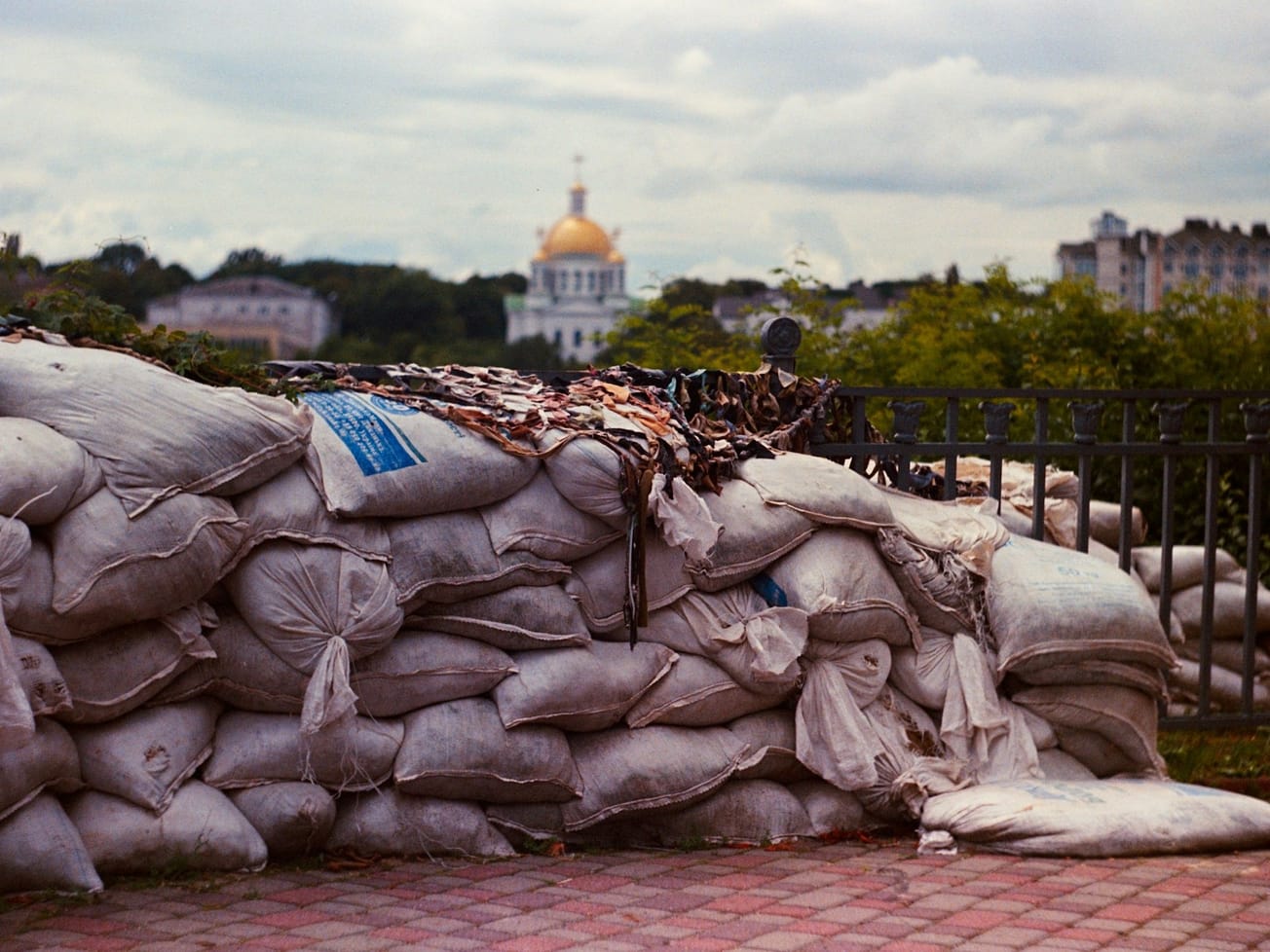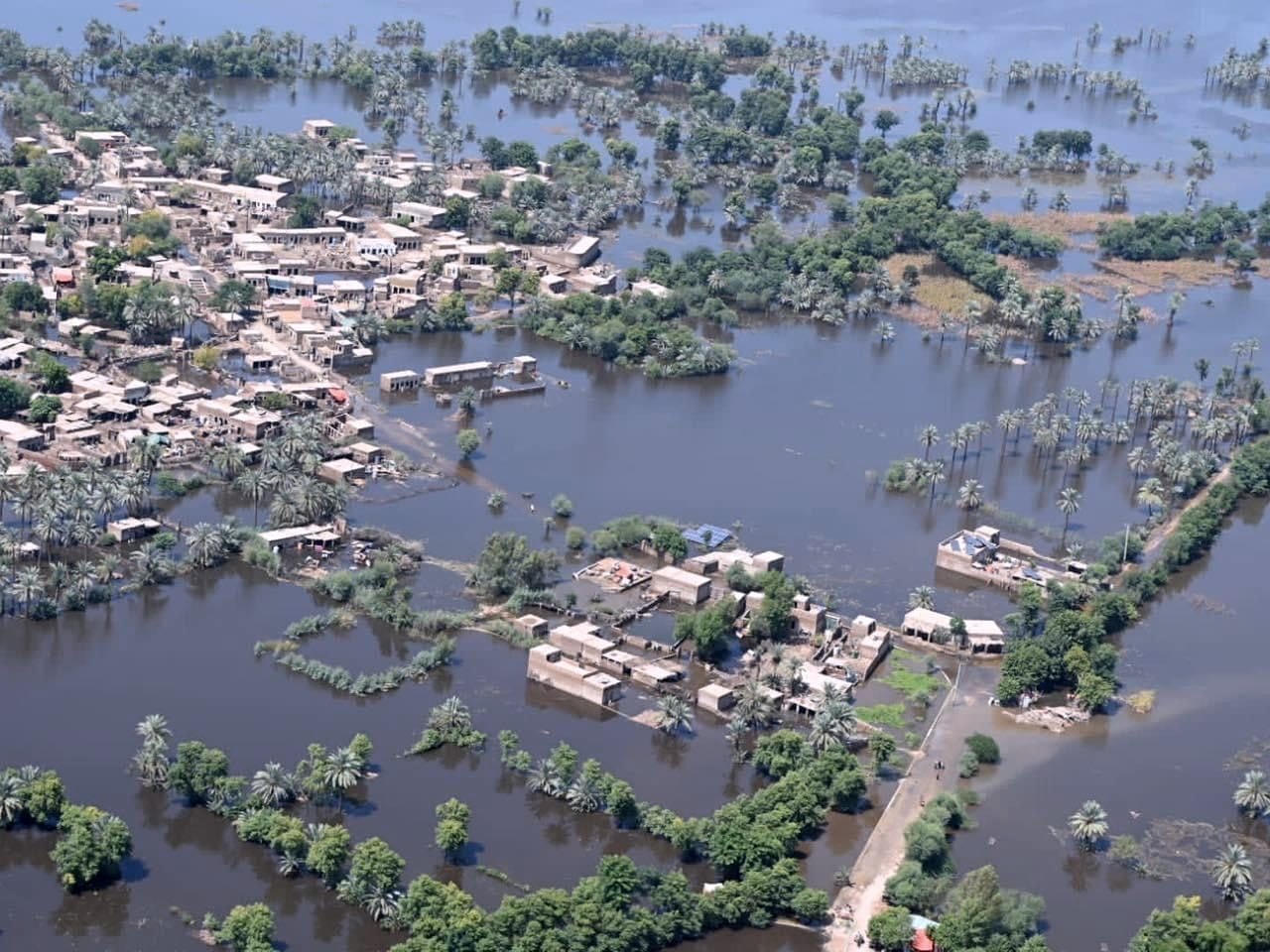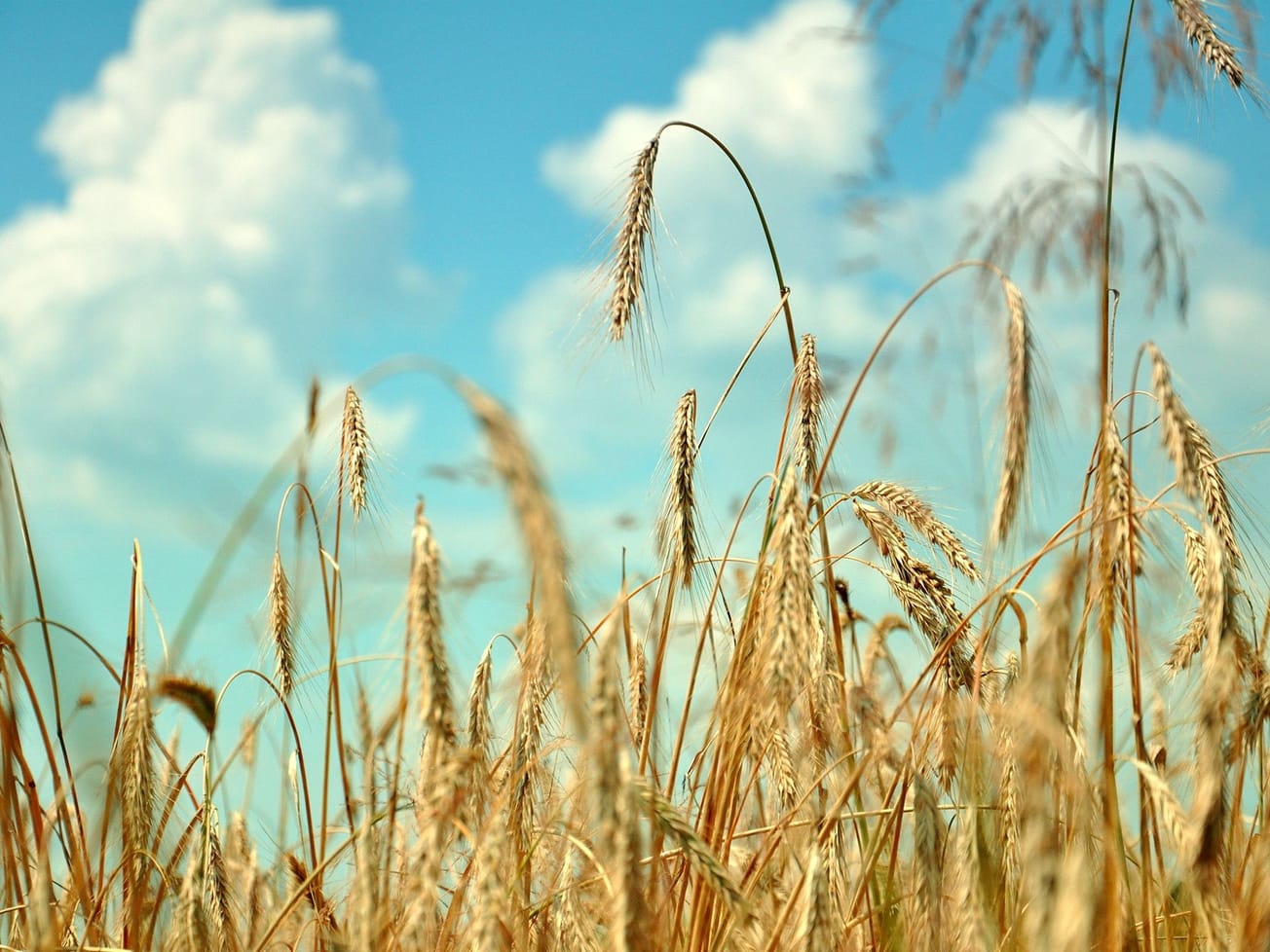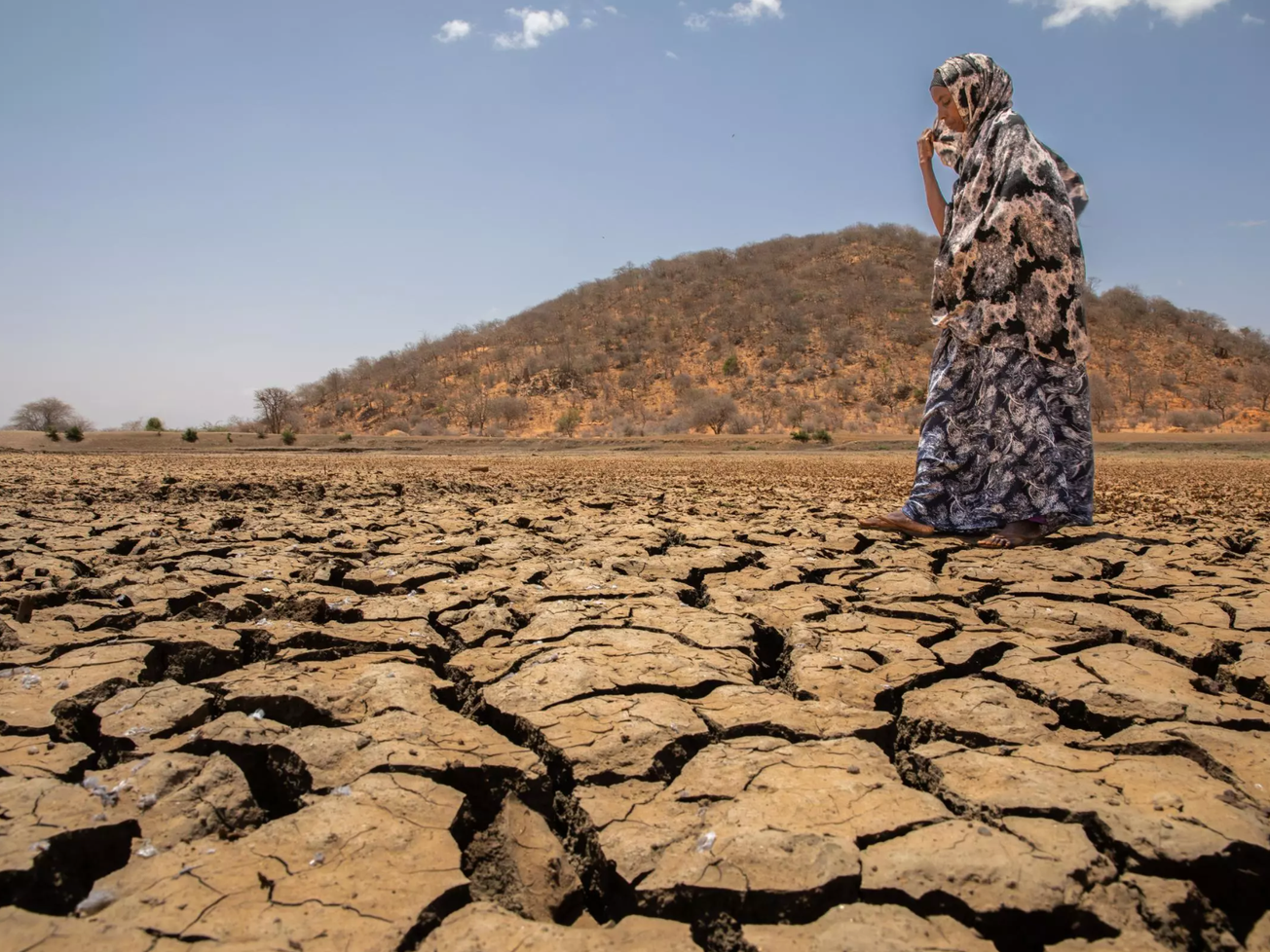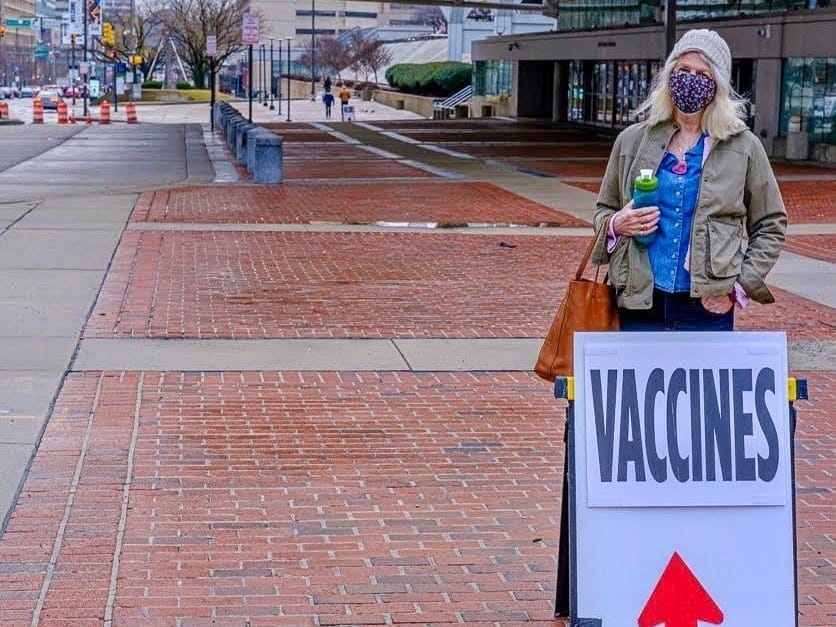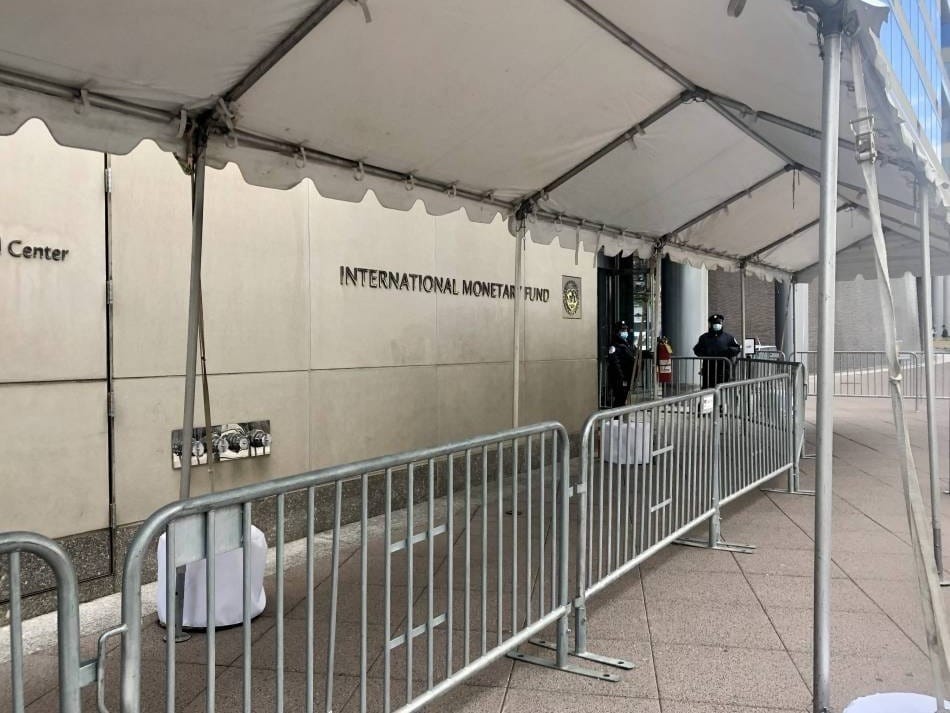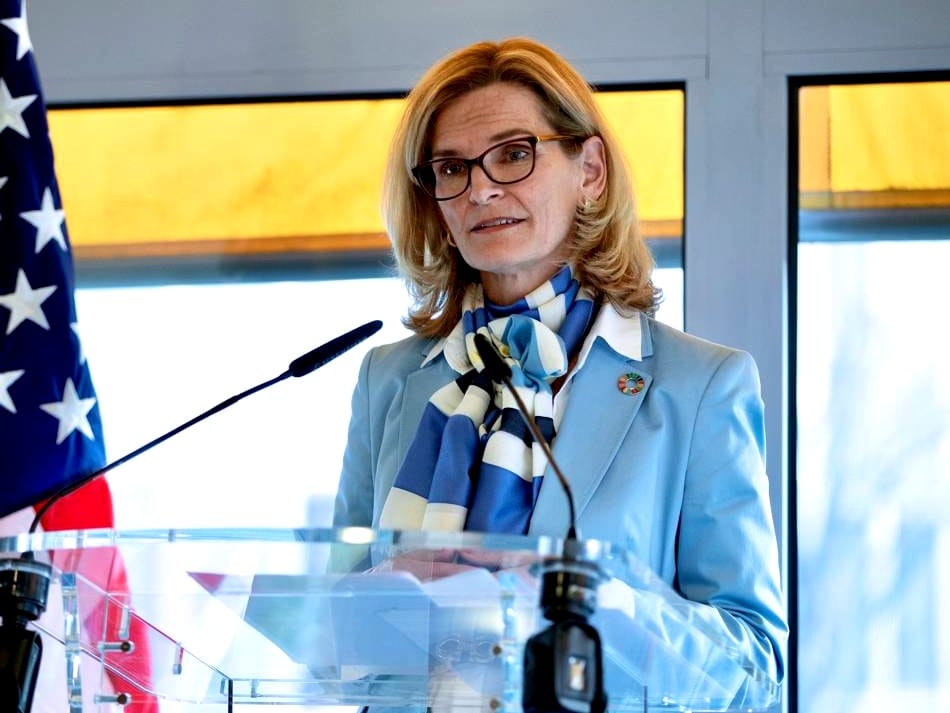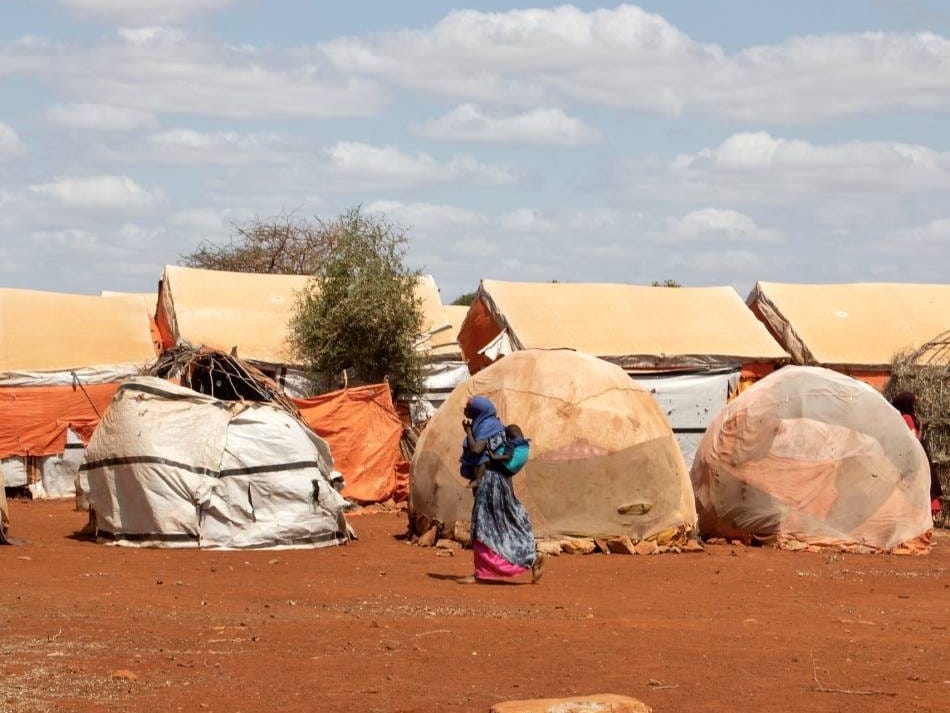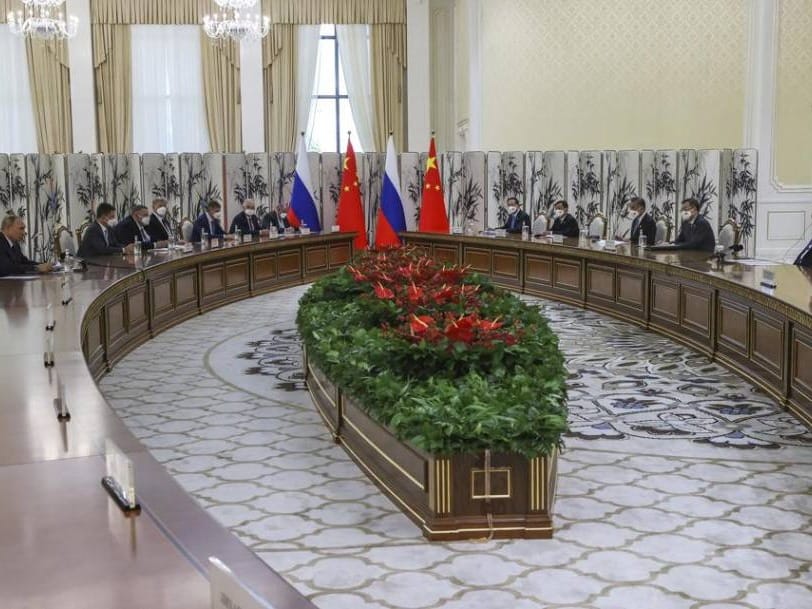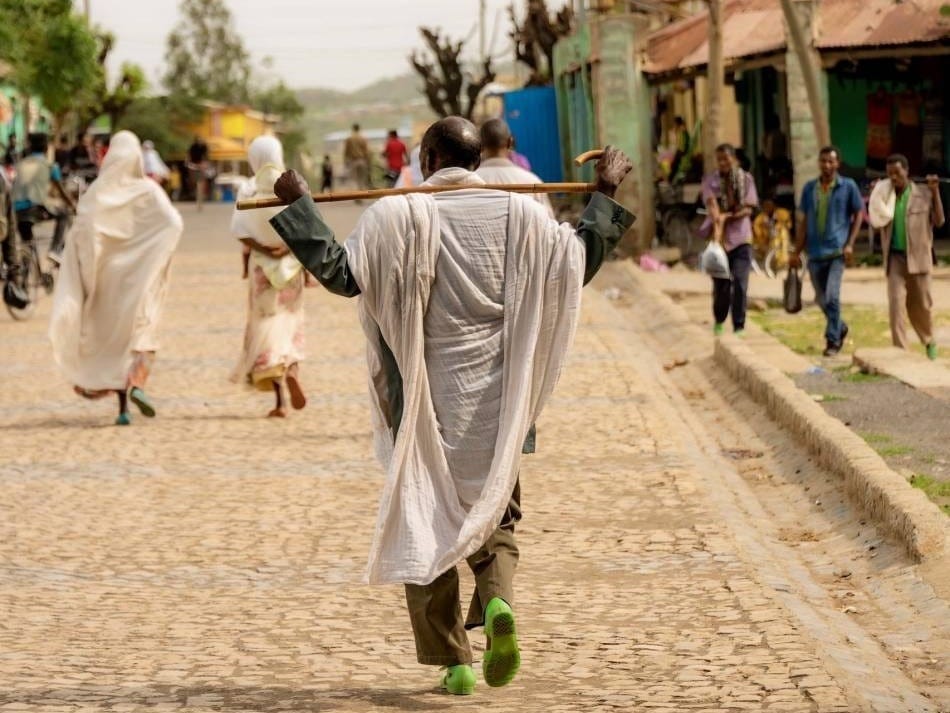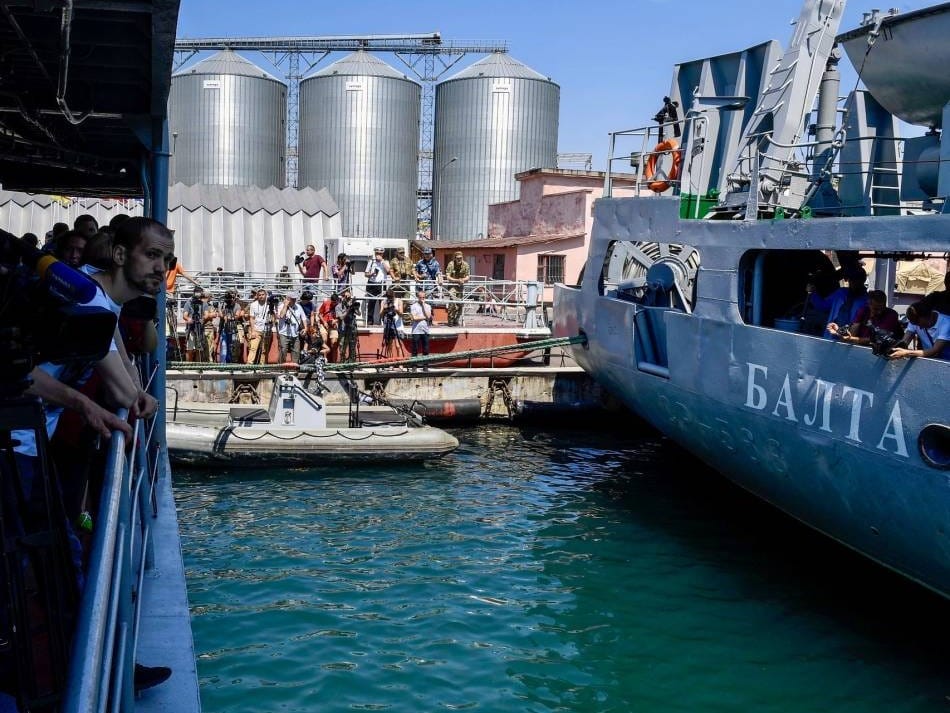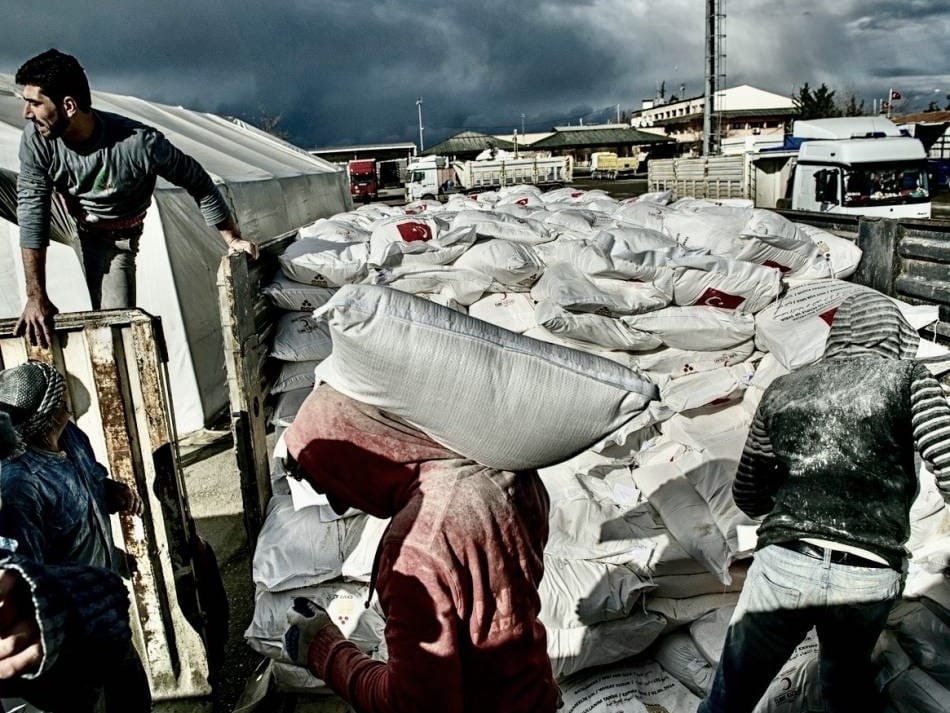
New multilingual tool helps organizations monitor threats
Journalists, lawyers, activists, fact checkers, regulators and others have been using a new tool to fight disinformation.
Already have an account? Log in
Journalists, lawyers, activists, fact checkers, regulators and others have been using a new tool to fight disinformation.
Attacks targeting medical facilities, personnel and transport are prohibited under international humanitarian law.
While many developing nations suffered droughts and floods, Russia’s invasion of Ukraine disrupted food supply lines.
The extension of a wartime agreement with Russia will continue to allow Ukraine's grain shipments to be exported.
Drought, floods, disease outbreaks and a global food crisis add pressure for real action at the U.N. climate summit in Egypt.
Concerns are rising about the risk of a "twindemic" of COVID-19 and influenza as their seasons collide this winter.
A coalition announced plans for a global institute for quantum computing that equitably shares the new technology.
With leadership under fire and a mix of crises, finance ministers and central bankers held World Bank meetings.
Indigenous communities have long coped with climate uncertainties. Researchers suggest tapping that knowledge.
ITU's next secretary-general will take over a key agency that regulates and sets standards for global telecommunications.
With 50 million 'a step away from starvation,' humanitarian groups calculate a person dies of hunger every four seconds.
At the SCO summit, China called its partnership with Russia 'as stable as mountains' despite some questions and concerns.
The U.N. health chief blamed racism in world leaders' neglect for the humanitarian crisis in Ethiopia’s Tigray region.
Several grain ships left Ukrainian ports under a U.N.-brokered deal that could help ease the global food crisis.
Russia struck Ukraine's port of Odesa, violating the deal brokered by Turkey and the United Nations that Moscow and Kyiv signed less than a day earlier.
Obstructed by Russia's demands, the U.N. Security Council agreed to a six-month entension for cross-border humanitarian aid deliveries to Syria.
